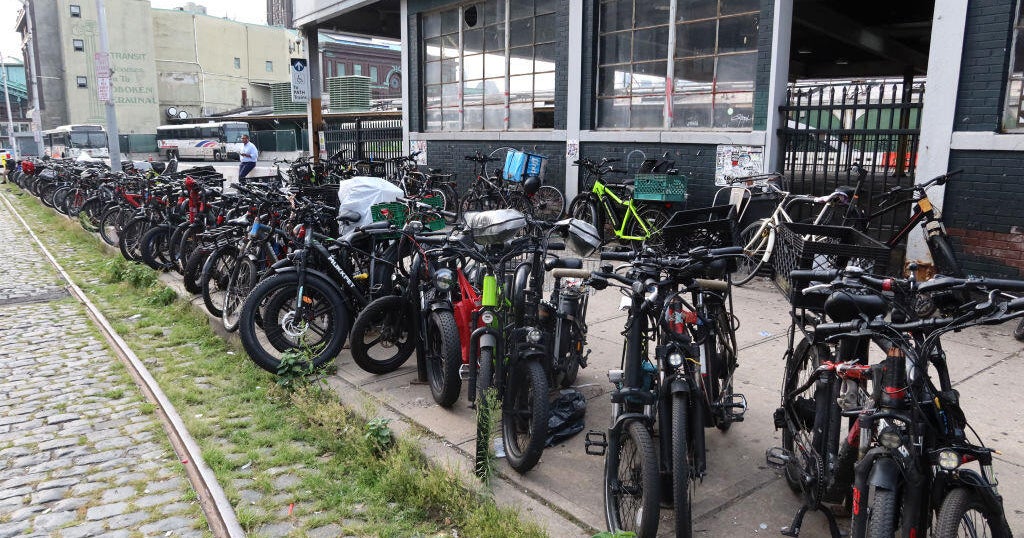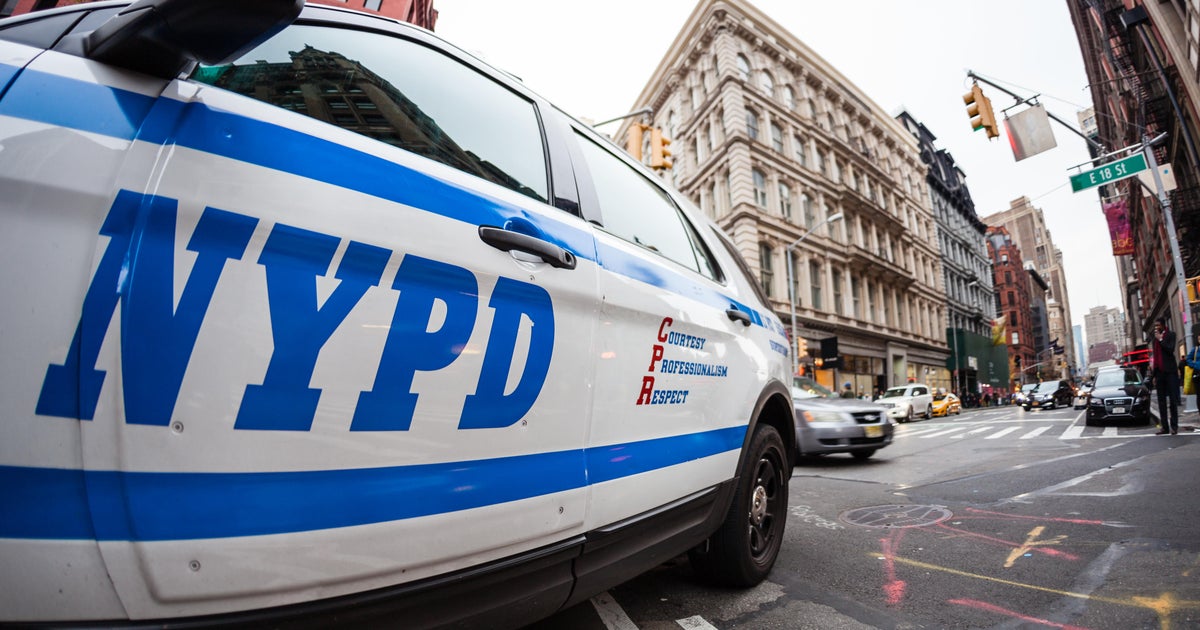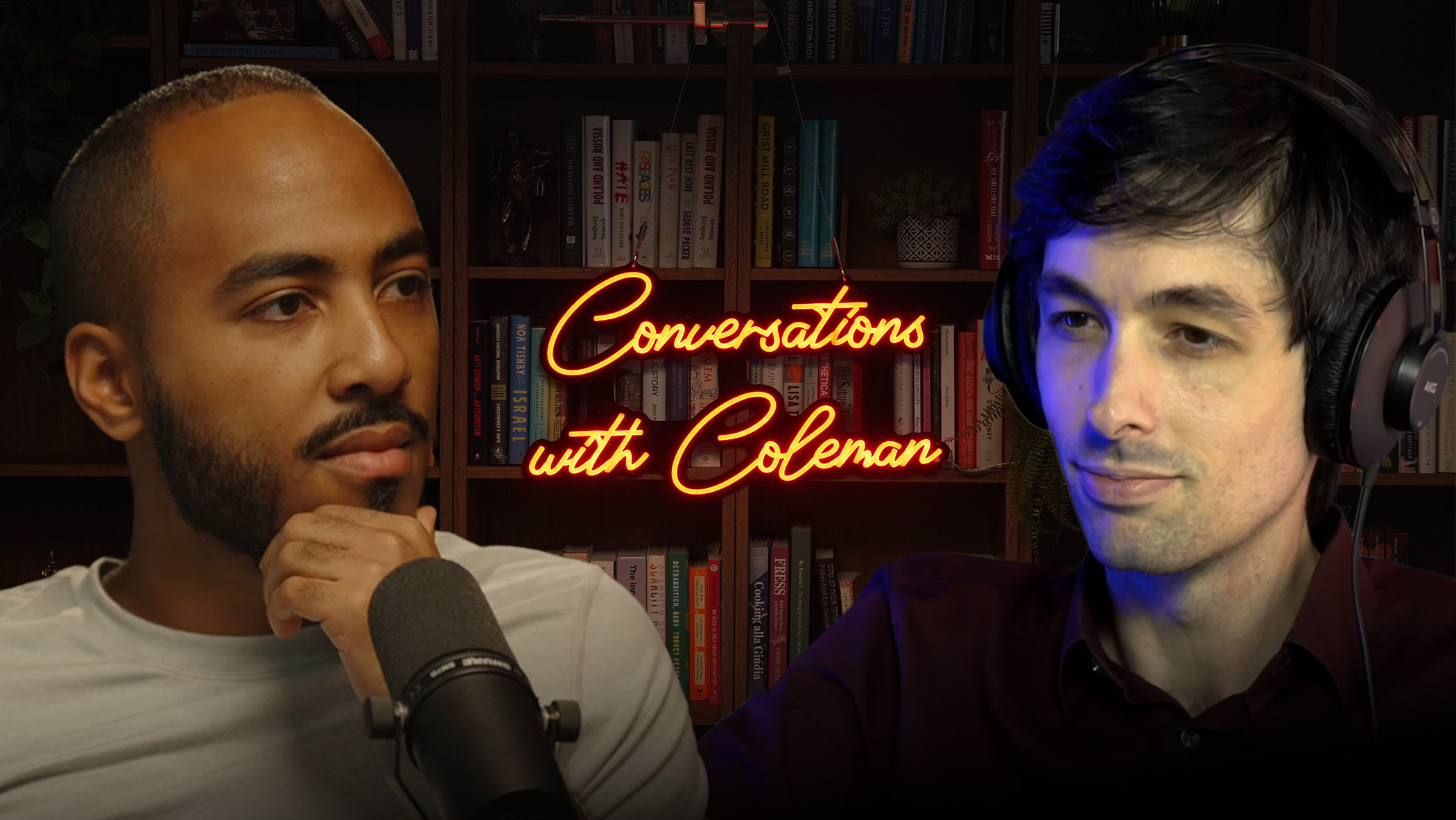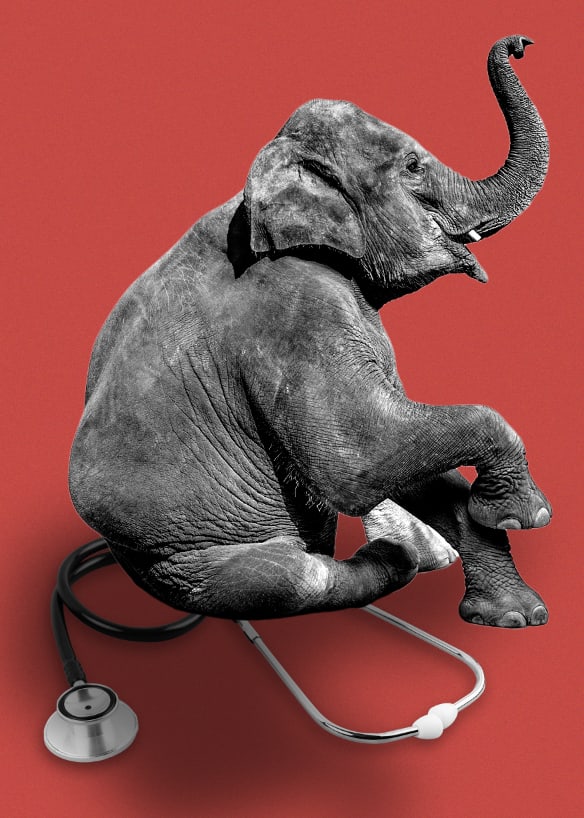For many Americans, losing a job means scrambling for health insurance
When Tim Seib, a theater director who lives in Manhattan, lost not one but two jobs in March due to the shutdowns caused by the coronavirus, he found himself embarking on a different full-time pursuit: hunting for affordable health insurance.
Seib, 38, was directing a production in Rhode Island on weekdays, then returning home weekends to his staff job as a manager for a large restaurant group. The restaurant company provided employer- sponsored health insurance, a godsend for Seib, who has chronic asthma.
But when both the play and the restaurant closed, Seib realized his insurance would run out by April 1. "I'm active and healthy, but when I saw I was in one of the high-risk groups for complications from COVID-19, I immediately hit the books to figure out my next move," Seib said.
Between March 1 and May 2, an estimated 27 million people lost employer-sponsored health insurance, according to the Kaiser Family Foundation. Many, like Seib, are scrambling to find alternative coverage.
"Dealing with health care in the best of times is a challenge," said Erika Sward, national assistant vice president/advocacy at the American Lung Association. But during the pandemic, "If you're in treatment for any disease or condition, making sure you have ongoing access and continuity of care is vital."
Seib's search for a health plan turned up one surprising option. The combination of hours he worked and income he earned from recent stage productions made him eligible for five months of health insurance from his union, the Stage Directors and Choreographers Society. Seib figured he could afford to sign up because he was receiving unemployment benefits, including the $600 per week in supplemental federal payments available through the end of July.
"So at least while we were dealing with the apex of this thing, I didn't have to worry about walking into an emergency room and having no coverage," Seib said.
According to Kaiser, 80% of Americans who lose their insurance coverage may qualify for some type of subsidized coverage under the Affordable Care Act. But consumer advocates worry that many people may not be aware that the exchanges are available to them or how to apply.
"A lot of these folks who've never experienced job losses before may not be aware the public options are there and the rules involved," said Joan Alker, executive director of Georgetown University Center for Children and Families. And even if they are, she added, it can be complicated and time consuming to apply.
Seib's new policy expires at the end of August, potentially bringing him back to the drawing board. He's hoping to convince the union that he qualifies for another six months of coverage based on another production he was contracted to direct that was cancelled due to COVID-19.
With no guarantee he'll get the extra coverage Seib is also beginning the process of looking for a policy on the New York State health exchange. Under the rules of the Affordable Care Act, he is eligible for a special enrollment period that lasts 60 days from the time his insurance ends. Millions of other unemployed Americans laid off in March are now facing that 60-day enrollment deadline.
One question Seib will need to grapple with: Will he be eligible for government premium subsidies provided to low- and moderate-income people who purchase insurance through the ACA exchanges? The formula for calculating subsidies is based on annual (not current) income, which includes unemployment payments (and the $600 weekly supplement).
"I'm just starting to look at all that and what type of coverage I can afford," Seib explained. "It's a little overwhelming."






